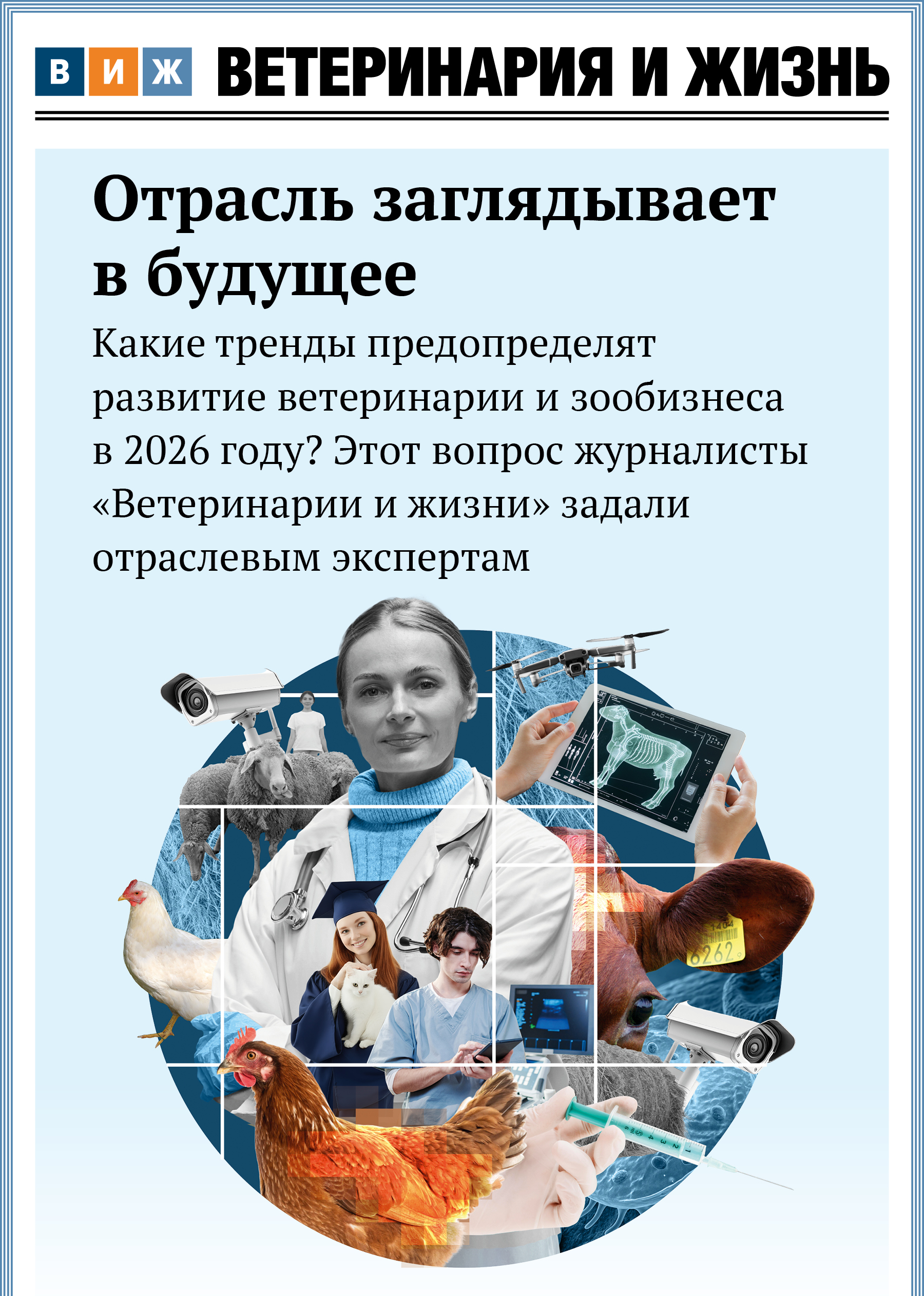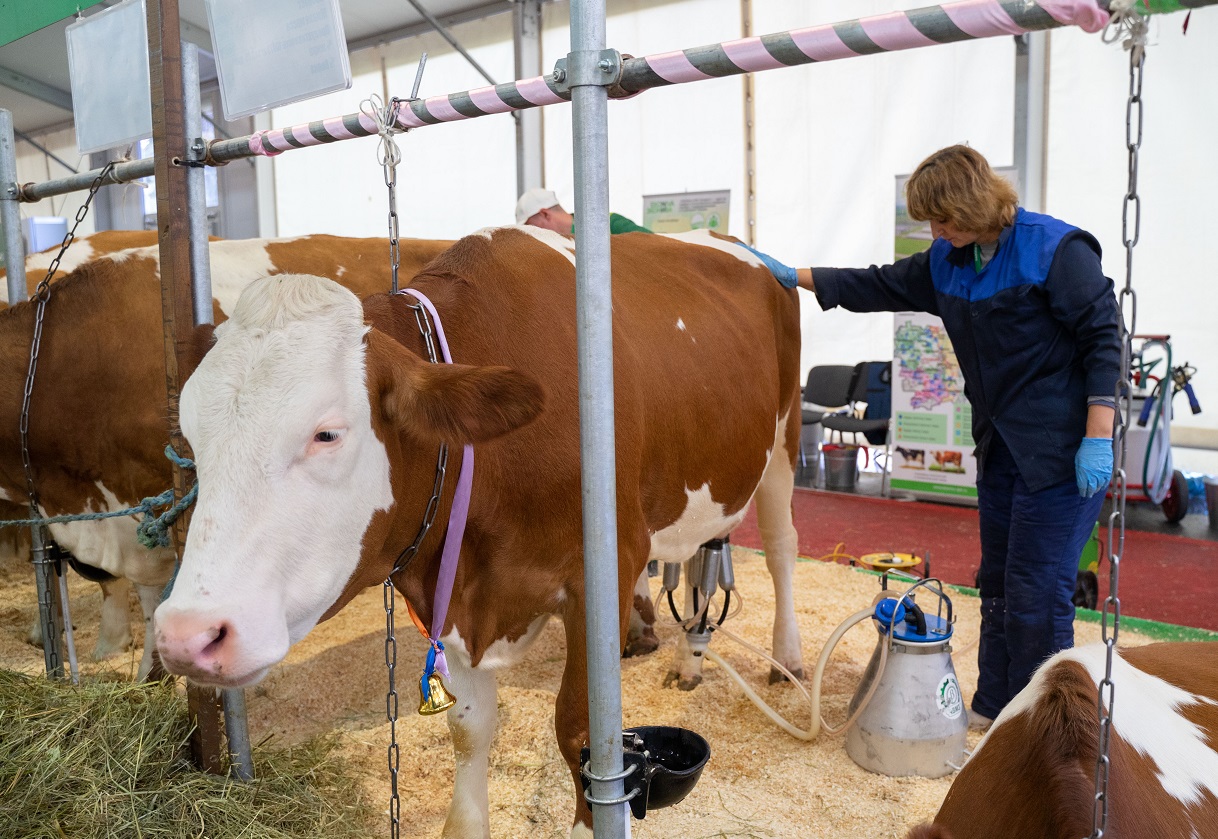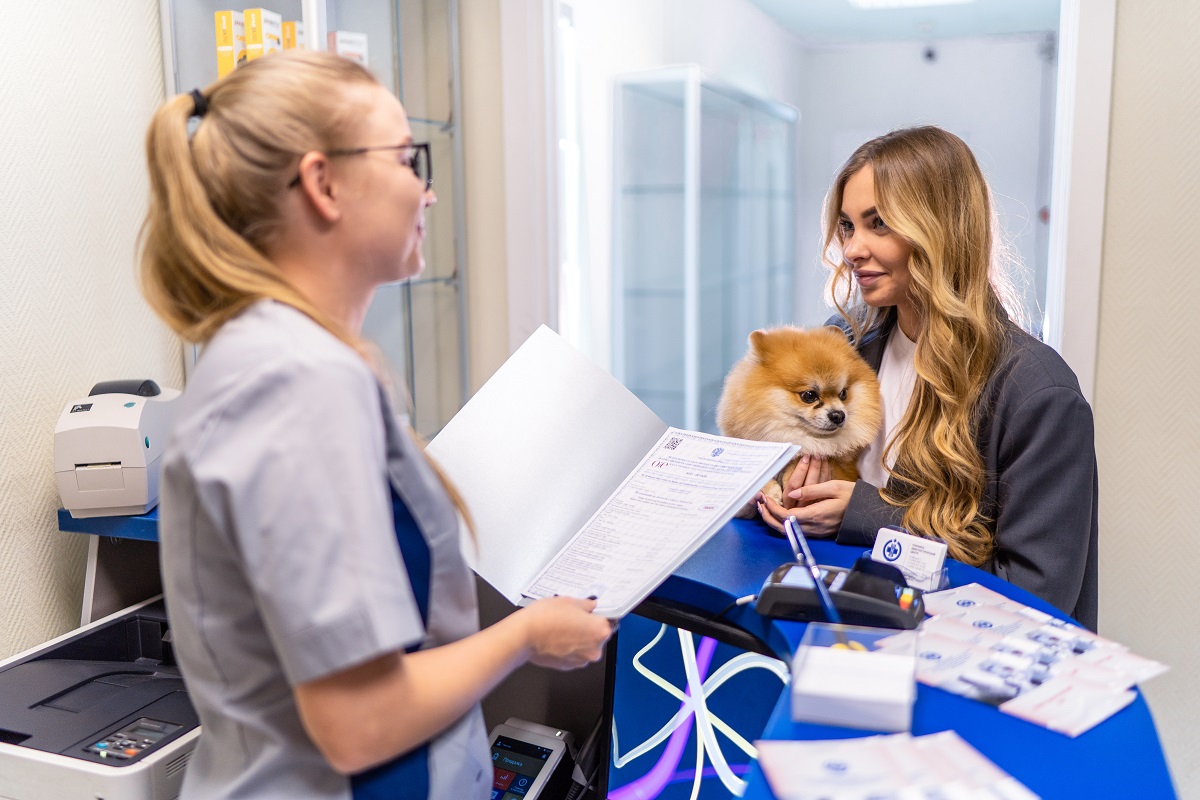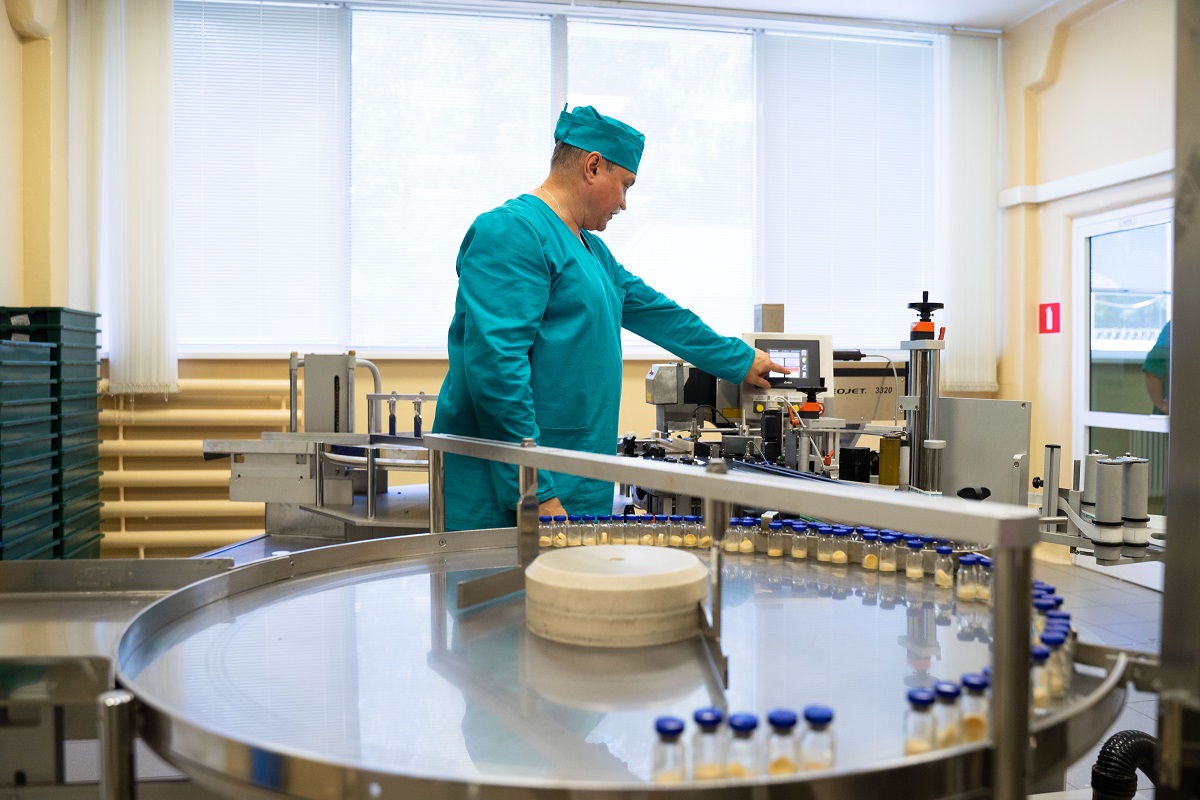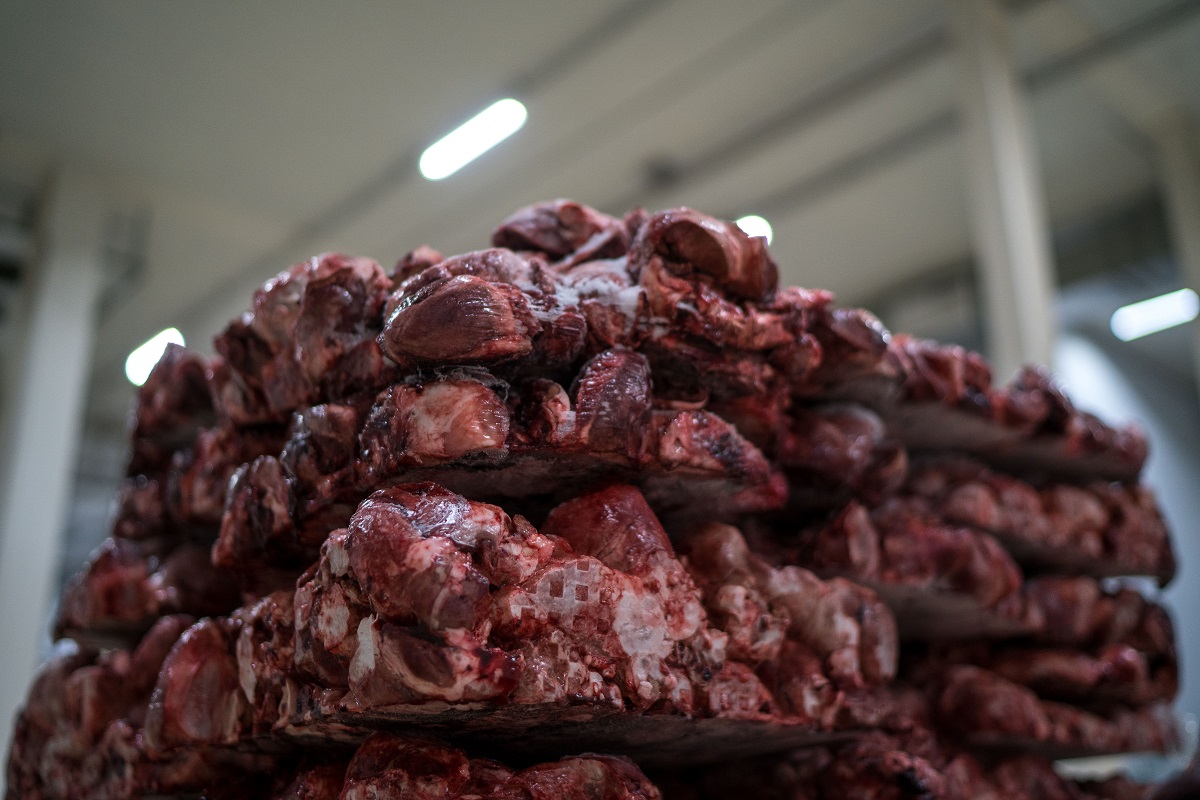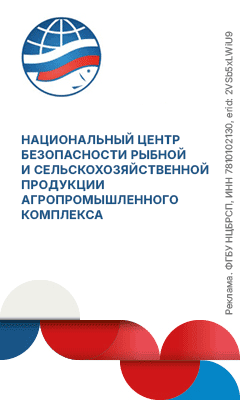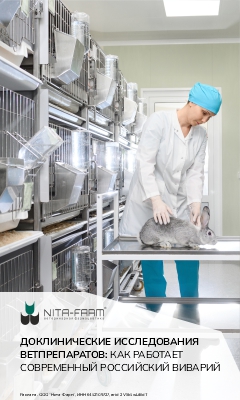The Fish Union believes that the new package of mutual sanctions and restrictions will impact the supply chain, while the Union of Animal Industry Enterprises is concerned by the future imports of veterinary medicines and feed.
On food safety
The Ministry of Agriculture of Russian Federation stated that our country is self-sufficient in basic foodstuffs. These are grains and their derivatives, used, among other things, as animal feed, and meat and fish products, sugar and seed oils. “The local production of dairy products, fruits and vegetables accounts for the bulk of domestic consumption” says the Ministry and adds that the demand for imported foodstuffs is estimated as low.
The Ministry emphasized that “The internal market is well secured and there is no risk to food safety”.
At the same time, Russian importers are involved in business with a wide range of supplier countries. For instance, according to the Chairman of the board, Director of the Dairy Union of Russia Lyudmila Manitskaya dairy products are mostly supplied to Russia by Belarus and Kazakhstan.
She says: “The amount of dairy products imported from Ukraine is insignificant. The biggest supplier is Belarus (about 80%) and Kazakhstan (about 10%). Together these two countries of the former Soviet Union supply about 90% of all imports to Russia. Therefore, we’re not relying on Ukranian dairy imports, so there are no concerns there. We have common frontiers with both Belarus and Kazakhstan and don’t need a transit through third countries”.
Lyudmila Manitskaya also added that Ukraine is an importer of Russian dairy products. About 20% of Russian dairy export was supplied to that country in 2021, which approximates 40-50 tones. “This direction is more noticeable and potentially it can be affected. But we should keep in mind that the volume of Russian dairy exports isn’t at all considerable, as compared to its import and domestic consumption. So this balance isn’t going to be significantly impacted by the possible suspension of economic relations”.
On animal feed
According to the Executive Director of the National Feed Union Sergey Mikhnyuk “For now there are no reported delays in product supply caused by the recent events. Nobody withdraws from their contractual obligations”.
But there are some transportation issues though. “Due to the large overload of Moscow railroad hub one of the Chinese animal feed suppliers was forced to forward his load to Nizhny Novgorod Region, where the goods were reloaded into trucks to be delivered to warehouses located in Moscow Region. The shipment was rather considerable in quantity, which caused a non-routine situation at the place of discharge with the regulator and custom service,” – said Sergey Mikhnyuk. He also noted that the available railway carriages in Zabaikalsk are outnumbered, which raises concerns with regard to reloading goods on their way to the central regions of Russia.
According to Lyudmila Manitskaya feed additives in use are of Chinese or European origin. She says that political environment has no impact in this field.
“The real matter of concern here is that the financial system depends greatly on political situation. The dramatic increase in currencies exchange rates has a potential of causing another round of growth in dairy production costs, having a considerable part of it formed by the imported components, such as feed additives, vitamin supplements, commodities, packaging, spare parts for equipment, etc. We rely on the efforts of the regulators to control and stabilize the reaction of the financial system” says the Head of the Dairy Union.
However, the importers of domestic animals reported the increased complexity of transportation and prolonged delivery time. “We questioned the members of the union on that matter and they said that all depends on the nature of additional sanctions applied to Russia. Will it leave the opportunity for importers and manufacturers to import feed, feed additives and veterinary medicinal products or not” – said the Director of the Union of Animal Industry Enterprises.
She also mentioned that on February 24 the feed production plant in Shebekino, Belgorod Region, wasn’t operating. Today everything is back to normal, though. “They hope that everything will be fine, but anxious about the possibility of the plant shutdown. All they can do now is wait. We cannot predict the next step of the Western countries. We’re aware that our products cannot be regarded as high-tech, which are already sanctioned. We hope that the common sense will prevail, as Russia is a large export market, which no one is willing to loose. As for Ukraine, we hardly import anything from there, it’s quite the opposite, our goods are exported to that country” – explained the Director.
On import of fishery products
We received a comment from the chairman of the Fish Union Alexander Panin, who said: “The new package of mutual sanctions and restrictions will surely have its impact on the supply chain. We think that in the short run the damage will be caused by the panic buying. We also expect the price adjustment caused by the increase in foreign currencies exchange rate. But generally serious shortage of goods is highly unlikely to happen. China doesn’t support the sanctions rhetoric, and so do the South American countries, Turkey didn’t restrict any supplies, and that would be all major exporters of fishery products to Russia”.
He also mentioned that Ukraine hasn’t been supplying any fishery products since 2014. “So there are no changes in this regard”– said Alexander Panin.
“Veterinary medicine and life” will keep receiving comments from the representatives of industry associations in the field of animal husbandry and business.


